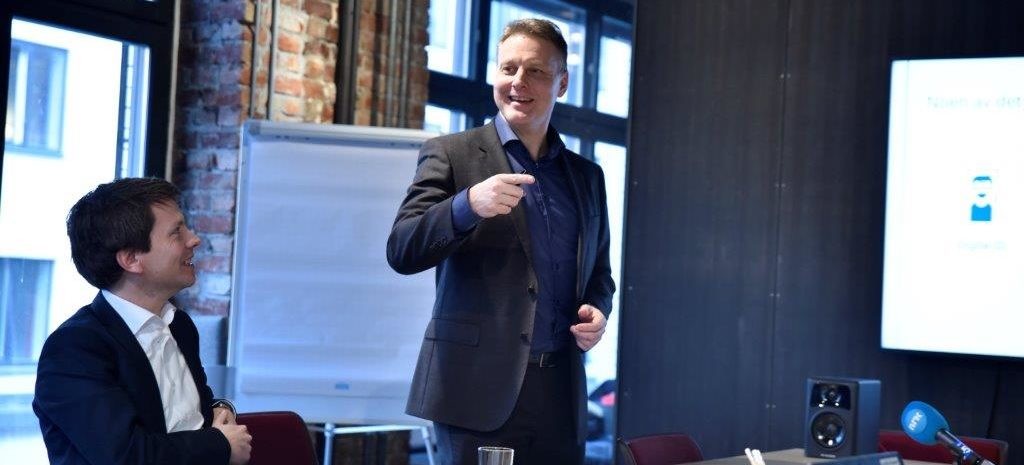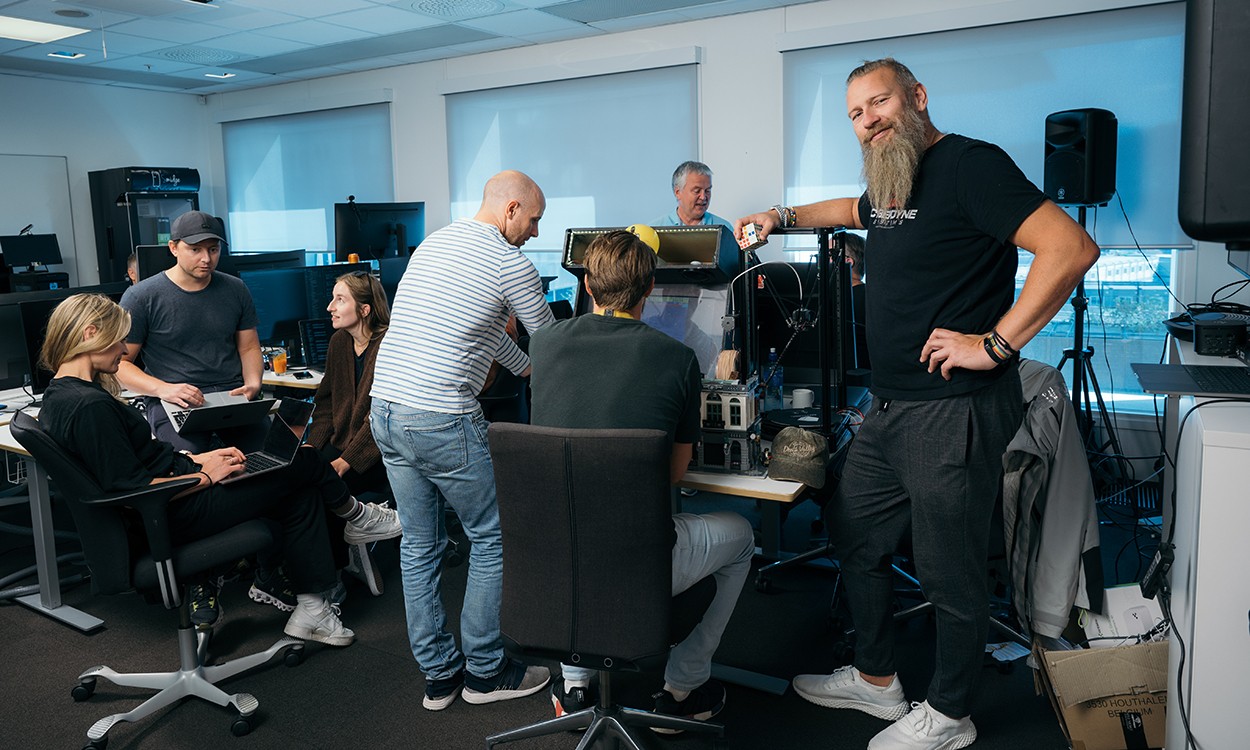I live in a flat called Regency Park, Gurgaon. But if you need my exact home address, it's ///harp.straying.shelf. Type these words into the What3words website or app and you'll be taken to my house via Google Maps, Waze, Bing Maps, or soon HERE maps.
What are these three words?
A startup called What3words (co-founded in London in 2013 by Chris Sheldrick) has divided the world into 10 x 10 foot squares and assigned each square a unique combination of three random words. The total area of the world, including oceans, is approximately 510 million square kilometers or 57 trillion 3×3 square meters. What3words uses around 40,000 words in the English language, which helps it create 64 trillion addresses, covering the entire world, with seven trillion remaining!
How does it work?
What3words does not replace street addresses, but integrates them. For example, a delivery driver needs to go to a large shopping center with two entrances. Google Maps will likely take you to the main entrance, which may be closed to delivery drivers. Instead, a what3words address will take the person right to the delivery location, saving time and fuel. All you have to do is enter the what3words address in the app, select “navigation” and let Google Maps or another location provider take you there.
Is it fun to use?
It has unique fields of application. For example, if you are going on a picnic in a large park and ordering lunch for the family, the delivery person can reach the exact location using what words. Did you know that there is a place to take the perfect India Gate photo?
Google Maps replacement?
You can pin in Google Maps to get to the right place that might not have an address (it's almost like what words are 3×3 square meters). But it's impossible to describe these location markers via mobile phone, and what if the other party doesn't use Google Maps at all? What3words, on the other hand, works with most localization platforms and can be incorporated into speech recognition systems.
Similar words
“Rain” and “kingdom” sound the same, as do “hole” and “hell.” The startup says it has done its best not to use such homophones. But it can also be a combination with similar sounds. To minimize confusion, similar word combinations are placed far apart in the world. For example, ///table.chair.lamp is located in New South Wales, Australia, while ///tables.chair.lamp is located in Minnesota, USA.
Use cases in India
In developing countries like India, there may be duplicate street names, PIN codes cover large areas, and some places have no addresses at all, such as pop-up shops in remote areas of the Himalayas. This technology can make it easier for people to reach these places. Now available in car navigation systems made by Mahindra
What3words and HERE
This week What3words partnered with HERE Technologies, a leader in mapping and location technology, and now businesses in the retail, mobility, e-commerce and automotive industries will be able to activate What3words location technology through their HERE accounts. Clare Jones, commercial director at What3words, said the partnership with HERE means integrations that took years of development can now be built in just months, and innovative updates can even be delivered over the air. Remco Timmer, deputy director. president of Products & Technology at HERE Technologies, added that What3word's innovative technology creates an extra level of precision in the way the world communicates location. “We see great potential in making What3words immediately available to thousands of our customers around the world,” he said.

“Music maven. Evil pop culture lover. Unapologetic creator. Friend of animals everywhere.”






